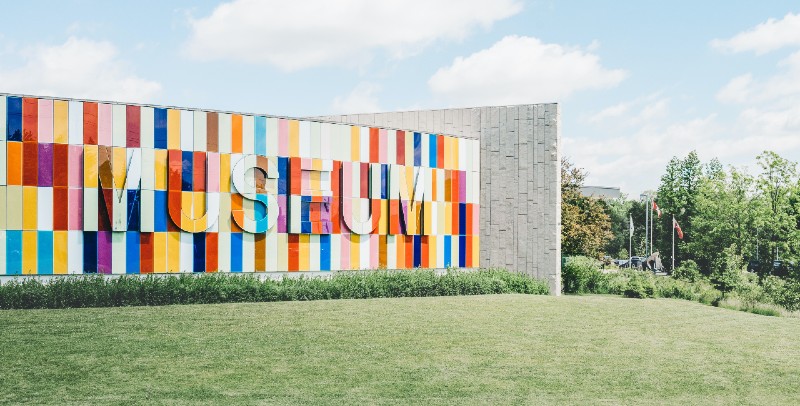Call for Chapters — Routledge Handbook on Heritage and Creative Practice

We invite chapter proposals from artists, academics and heritage/museum practitioners that engage critically with the intersection of heritage and creative practice.
Through this handbook we are seeking to provide a rich and comprehensive study of ways in which heritage and creative practice intersect, in research and in practice, in a transnational context. Routledge International Handbooks aim to provide a benchmark for the discipline, including fresh perspectives on established topics and insights into emerging and cutting- edge areas.
The aim of this book is to offer a range of contributions from across the globe which will introduce researchers, research students, artists and practitioners to contemporary practice from a breadth of perspectives.
This book seeks to provide a broad platform to represent this diversity and richness of practice. It also aims to interrogate creativity as a tool for a critical engagement with heritage in its broadest sense. The transnational nature of its scope is key to offering ways of examining how ‘heritage’ ‘art’ and ‘creativity’ are conceived of differently in different contexts, by different people and within different practices.
While in a Western pedagogic context creative practice can be defined as a particular range of art and design subjects — spanning fine art, graphic design, illustration, clothing and fashion, furniture design — the book does not seek to provide consensus about what heritage is, or indeed what creative practice might be. In fact, it is the very diversity of concepts, approaches and practices this book seeks to explore.
Chapter proposals
Artists, academics and heritage/museum practitioners that engage critically with the intersection of heritage and creative practice are invited to submit proposals for chapters in this new Routledge handbook.
The form of each chapter can vary with academic contributions up to 8,000 words. Possible approaches include (but are not limited to):
• The history and heritage of creative practices themselves
• Theatre/performance
• Contemporary art and heritage
• Art and archaeology
• Participatory/ collaborative strategies
• Site specificity
• Heritage of creative practices (e.g. ‘painting’ as a site of heritage)
• Creative practice as research into heritage
• Case study exhibitions/projects
• Collaborative strategies
• Relationship of art-artist-audience within heritage sites
• Curatorial approaches
• Contributions that are critical of key terms e.g. ‘contemporary art’; ‘heritage’; ‘the contemporary’; ‘impact’
• Perspectives on digital technologies, artistic practice and heritage interpretation
• Contributions that examine the motivation of creative practices within heritage such as dealing with representation, gender, colonial histories.
Proposals can be sent to Nick Cass at n.cass@leeds.ac.uk.
Please include the following:
• 500 word proposal including images where appropriate
• Short biography
• contact details
The deadline for chapter proposals is Friday 5 March 2021.
Image
Photo by Scott Webb from Pexels
